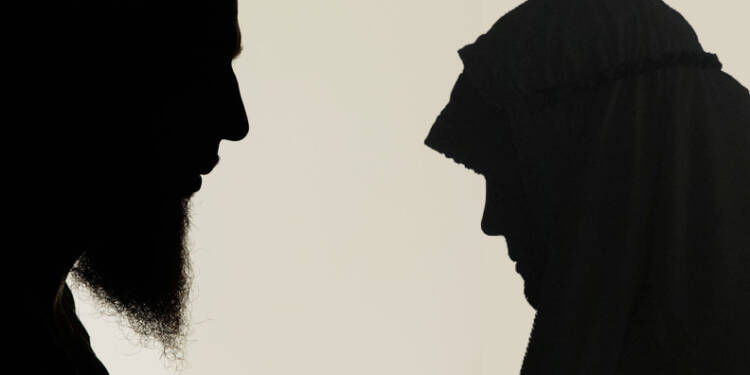In a bizarre development, the Punjab and Haryana High Court upheld the marriage of a 17-year-old minor Muslim girl with a 36-year-old man. The couple, which had solemnised their relationship with an Islamic wedding on January 21, did so without the consent of their families – who are now threatening the couple. While the ruling of the High Court might seem bizarre on the face of it, there is little the judiciary of India can do when adjudicating on Islamic practices, which are guided by the Muslim Personal Law. Broadly, the High Court upheld the notion of a Muslim girl, having attained puberty, being eligible to marry.
Justice Alka Sarin observed that the petitioners cannot be deprived of the fundamental rights provided by the Constitution merely because their family members were against it. The court also said that family members had no right to interfere since the couple got married as per the Muslim Personal Law. Referring to Article 195 of Muslim Personal Law, the court said, “Lunatics and minors who have not attained puberty may be validly contracted in marriage by their respective guardians. Marriage of a Muslim having a sound mind and who has attained puberty is void if it is brought about without his or her consent.”
The ruling, backed by the Muslim Personal Law has gone on to show that despite having an age difference of close to 20 years between the bride and groom, families are left helpless – since such couples know how to make use of legal loopholes to their benefit. The judiciary will come to the rescue of such couples even when they have entered into an unfeasible marriage, with the bride no less than being a minor who has not attained the age of 18.
In a separate ruling, the Punjab Haryana High Court also said recently that a Muslim man can marry another woman without taking a divorce from the first wife, but a Muslim woman has to take a divorce for her second marriage. The Muslim woman will have to get a divorce from her first husband under the Muslim Marriage Act 1939. Interestingly, the Muslim woman stated that the first marriage was solemnised against her will.
It is instances such as these which reinforce the immediate need for a Uniform Civil Code for Indians, irrespective of their religion. The same would disallow Muslim couples such as the one which approached the Punjab and Haryana HC to benefit from bizarre constitutional provisions in India.




























